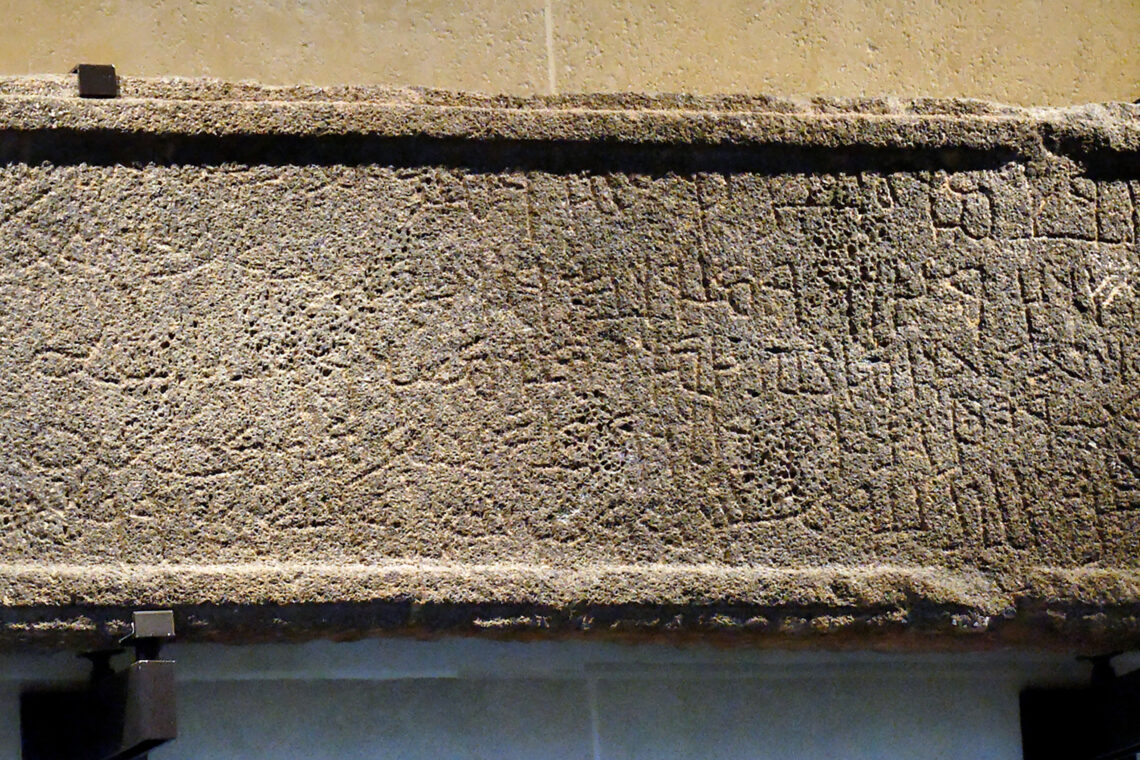Last summer’s dispute between Spain and Morocco over the identity of a tiny rocky islet, about 200 yards from the Moroccan coast, was read as a barometer of the clash thesis advocated by Samuel Huntington, a theory that has acquired more poignancy after the tragic events of 9/11. The dispute has also brought to the fore the vexing issues of immigration, the rise of right-wing political parties in Europe, the Arab world’s relations with a nascent but still ill-defined European Union, and, of course, the still unresolved legacy of colonialism.
When, on July 11, 2002, six Moroccan soldiers with a flag and tent landed on the islet to monitor illegal traffic, Spain treated the episode as the occupation of “a very sensitive part of its geography” and threatened retaliation if Moroccan troops didn’t leave immediately. Within days, a Spanish armada forced the Moroccans out and planted their own flag. Only when the U.S. intervened as a broker did Spain decide to withdraw its troops.
What’s remarkable about this uninhabited island is that it created alliances along the lines predicted by Huntington. The European Union initially came to Spain’s defense without taking the time to study the matter a little more carefully. It was only later, after some healthy dissension within European ranks, that the EU changed its tone and urged a return to the status quo ante as a condition for dialogue between the two countries.
Predictably, Arabs and Muslims sided with Morocco, giving the whole affair the ring of an impending clash of civilizations. Newspapers such as the Spanish El Mundo quickly published a special report, illustrated with a henna-decorated hand, titled “Morocco: The Unfaithful Brother” and introduced the two countries’ long contentious history with the year 711, when the Tanjawi Tariq ben Ziyad opened Spain to Islam and centuries of Moorish civilization. El Mundo then claimed that the island, known to the Spaniards as Perejil (Parsley) and the Moroccans as Leila, is clearly Spanish.
The British Independent also read the comic drama within the context of Islam and the West, clothing the whole episode in a medieval vocabulary that sounds oddly out of place in the realm of modern Spanish and Moroccan diplomacy. Only Osama bin Laden and his lieutenants, as Charles Krauthammer noted in the Washington Post, and perhaps other aggrieved Arabs, refer to Spain as a lost or occupied Muslim land. Most Moroccans, whose history is intertwined with their northern neighbor’s, don’t. The Independent is right only when it describes Spain’s ambivalence towards the Moors, many of whom are racially indistinguishable from many Spaniards, but who are still, as the great Spanish writer Juan Goytisolo noted, the target of an undying Spanish prejudice.
One could have concluded that we are doomed to relive medieval antagonisms, as if the modern period, with its legacy of colonialism, left no lasting impact on nations. Thankfully, Spanish patriotism did not prevent Spaniards from questioning the actions and statements of their own government, and assessing the facts without resorting to hard essentialisms. As most news reports uncritically repeated Spain’s claim that the islet, inherited–along with other Moroccan places, from the Portuguese in the 17th century—Spain’s prestigious newspaper, El Pais, published articles showing that neither history nor geography supports such a claim. A historian of Spanish-Moroccan relations wrote to say that there is no documentary evidence proving Spain’s right to the island, and a reporter noted that Spain’s official military map of 1988 and its second edition of 1994 show, if anything, that the island is Moroccan, since, among other things, the map refers to it by its Moroccan names. (Spanish mapmakers later said that that was an oversight.)
I grew up in Tangier listening to Spanish music, watching Spanish soccer, reading Spanish magazines, and thinking of Spain, whose mountains bounded my horizons, as my natural second country. I know that Moroccans–like many people in the world—love Spain and dream of someday attaining the admirable levels of prosperity the country has achieved in such a short period of time. We could all do without the bitter memories of the Reconquista and the more recent episode of colonialism. Spain doesn’t need a little rock in the sea to prove its might; it has already won by dispelling many of the dark forces that have haunted its own history, and by building an economy that is bigger than that of all Arab nations combined.
El Mundo called Morocco unfaithful brother, but Spain, a major economic partner, could extend a brotherly hand to its old neighbor and help it accede to the loftier grounds of democracy. Claiming rocky isles and other spots in Morocco by right of conquest only hardens tensions, hinders dialogue, and hampers Morocco’s quest for more stability. After all, Spain has far bigger interests in a stable, prosperous neighbor than in holding on to a few relics of the colonial past.




Comments are moderated by the editor and may not appear on this discussion until they have been reviewed and deemed appropriate for posting. All information collected is handled in a manner consistent with our privacy policy.